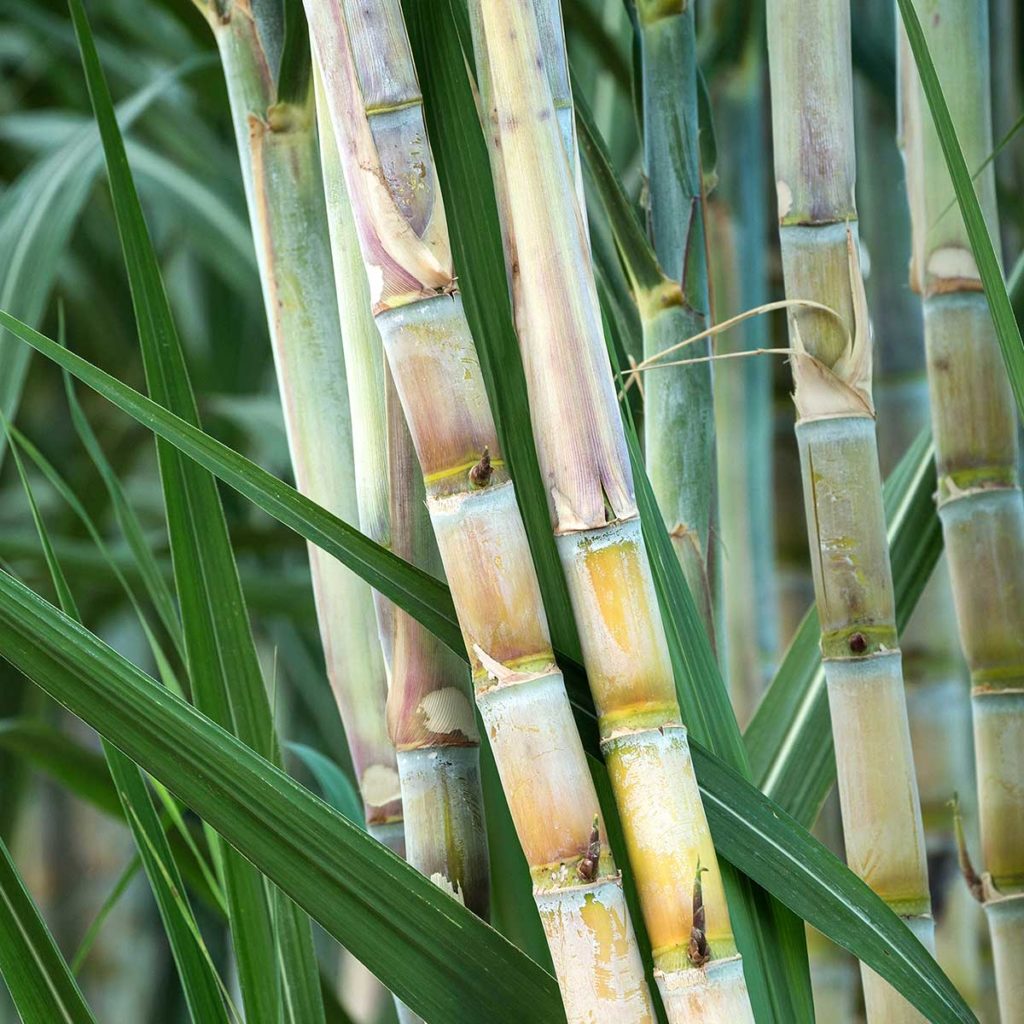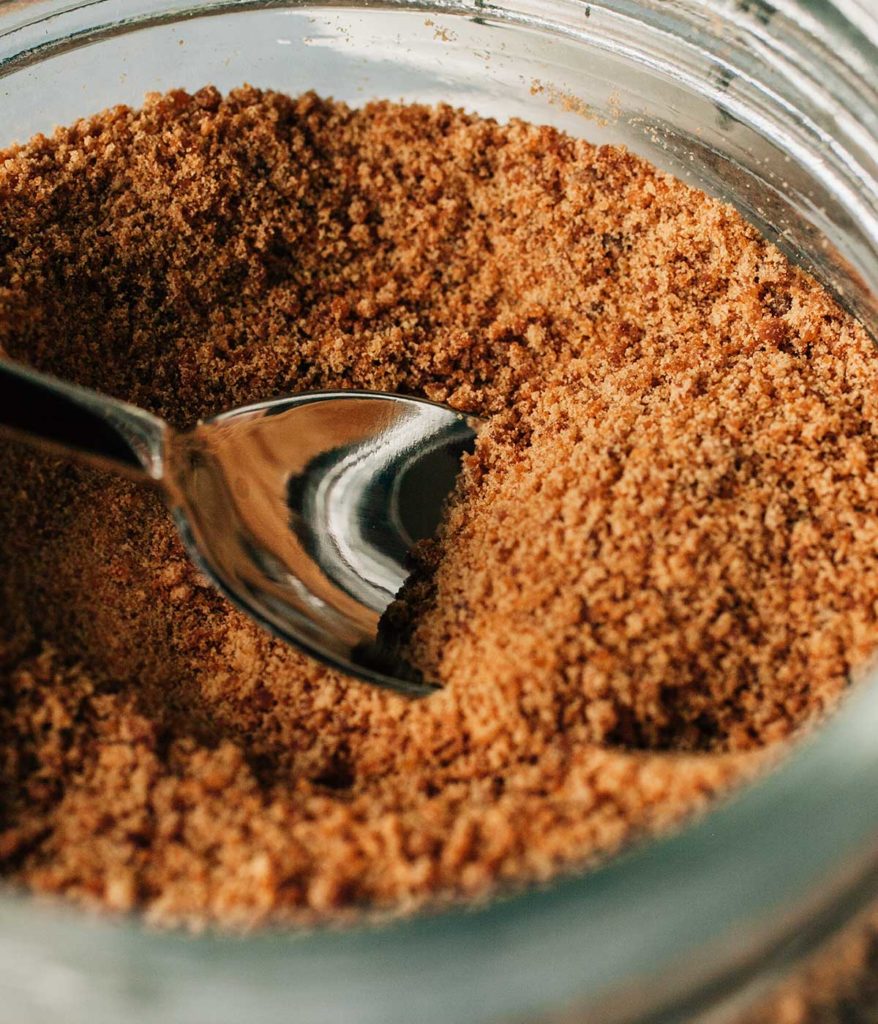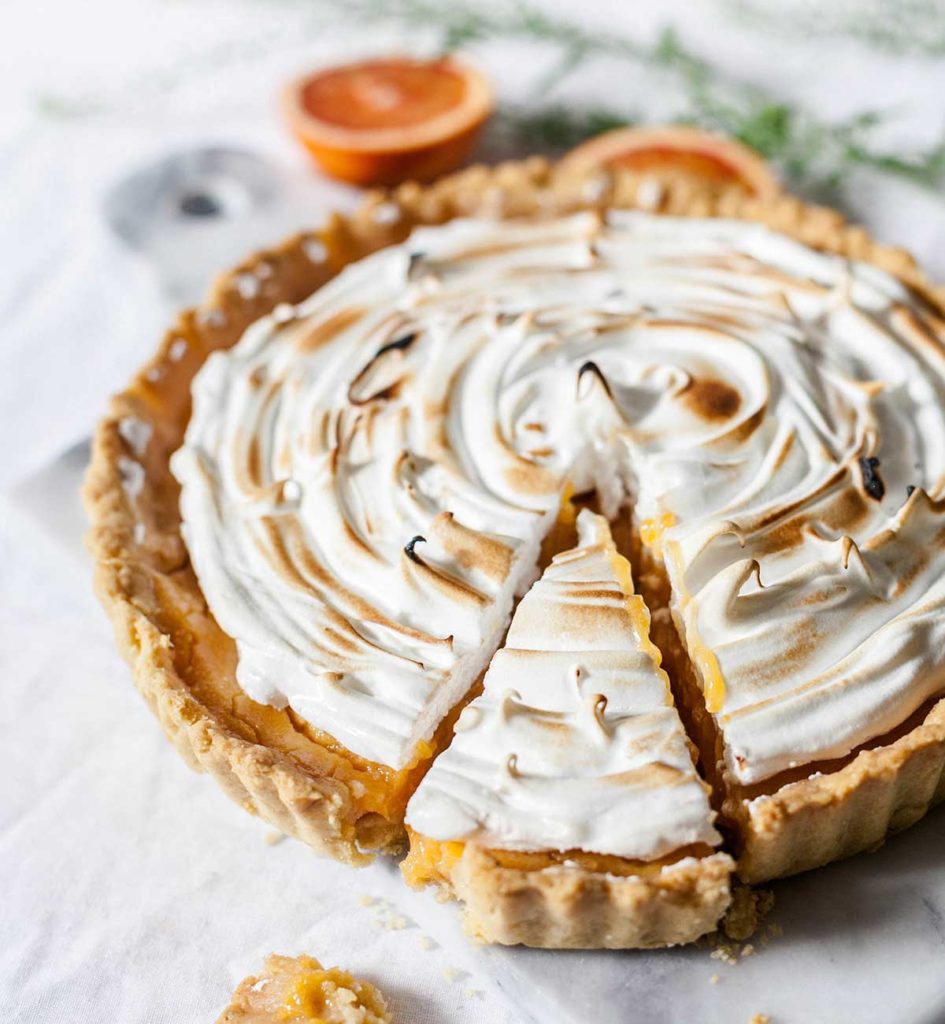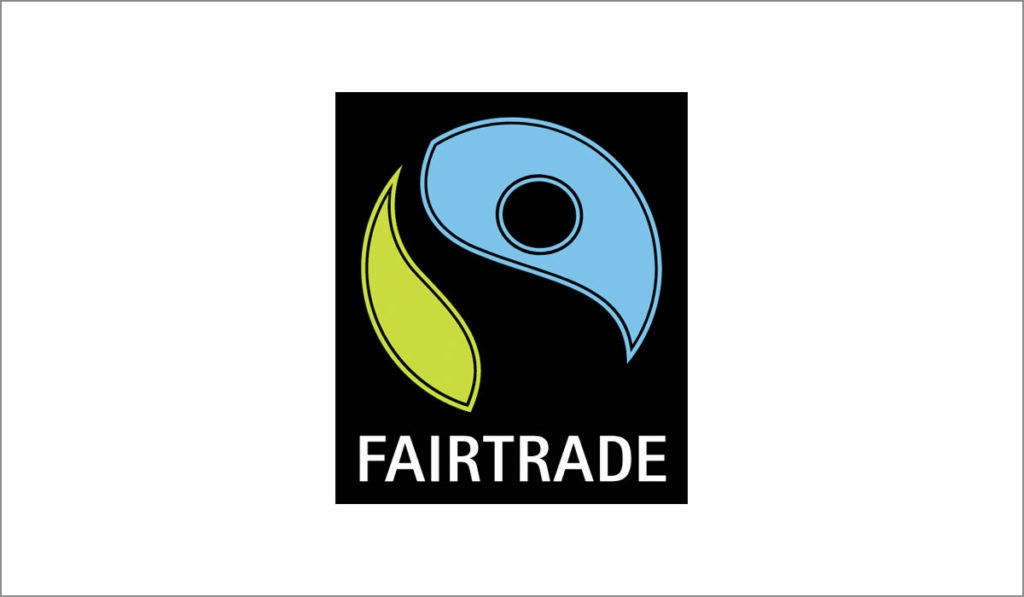Muscovado sugar
Muscovado sugar is characterised by a damp, sand-like consistency as well as a particularly aromatic flavour. At wholesaler August Töpfer & Co., you can order this sugar variety and many other products in top quality.
Overview of sugar varieties
The sugar varieties available in the wholesale and retail trades can be differentiated according to various criteria. The most important criteria are the raw material used and how it is processed.

Sources of raw materials
The two most important sources of raw materials for the extraction of sucrose are sugarbeet and sugarcane. The sugar obtained from these plants is chemically identical. Due to the different requirement of the plants, however, the two sugar varieties are not equally important in Europe. Sugarbeet grows in European countries with a temperate climate, which is why is has become the most important raw material for sugar production in this region. By contrast, sugarcane only grows in countries with a tropical or subtropical climate. This type of sugar therefore has to be imported into Europe. An example of a sugar variety from another raw material is Coconut sugar. However, this is far less significant compared to cane sugar and beet sugar.
Processing of sugar
The way in which cane sugar and beet sugar are processed varies depending the degree of refining. This results in a range of sugar varieties that differ in colour, consistency and flavour. The most common sugar in Europe is refined, white Industrial sugar. It undergoes substantial processing and consists of up to 99 percent pure sugar. The sugar syrup and other components are removed to the greatest extent. In European countries, common refined sugar typically comes from sugarbeet.
The term raw cane sugar refers to a type of sugar that is only refined once. Whole cane sugar is the most natural form of sugar and its production does not involve any refining processes at all.
Since the sucrose content is lower than in conventional cane sugar or beet sugar, the carbohydrate content is also noticeably lower at around 95 grams per 100 grams of sugar. The names of these sugar varieties reveal that they are only produced from sugarcane. When producing raw cane sugar and whole cane sugar, some of the molasses remains, which gives these sugar varieties their characteristic brown colour. However, these varieties should not be confused with “brown sugar” also available on the market. This frequently concerns a refined, white sugar that has been coloured with syrup.
About whole cane sugar and muscovado
Whole cane sugar is a particularly natural type of sugar. Its production involves neither refining nor cleaning of the sugar crystals. As a result, the product contains a significant amount of molasses, the viscous sugar syrup of the raw material. The syrup gives the sugar a typically brown colour and a characteristic, caramel-like flavour. Moreover, some minerals and vitamins of the plant are retained in the sugar syrup, including phosphorous, calcium, potassium and iron. Varieties of whole cane sugar, such as muscovado sugar, are therefore often considered a healthy alternative to conventional, white sugar. However, sugar is not generally suitable as a source of nutrients, regardless of the variety. This is because the nutrient content is still very low. Furthermore, the brown, unrefined sugar varieties also contain a high amount of energy and carbohydrates.
The special muscovado whole cane sugar is mainly produced on the island of Mauritius. Its name is derived from the Portuguese word for unrefined sugar: açúcar mascavado. There is no legally binding definition of this sugar variety. Consequently, other brown sugar varieties are also available to buy under this name. Muscovado sugar is at first glance difficult to tell apart from conventional, unrefined sugar. But a number of differences can be found on closer inspection:

Colour
The brown colour of muscovado sugar makes it difficult to distinguish from conventional whole cane sugar. Depending on the amount of molasses contained, this type of sugar is available in light to dark-brown colour variations.
Consistency
Whole cane sugar contains more moisture due to its incomplete crystallisation. The consistency of muscovado sugar is even moister, softer and clumpier than is the case for other types of whole cane sugar in the wholesale trade. Demerara sugar is much drier in comparison. The more moisture the sugar contains, the more crucial it is to choose a dry, dark place to store the product and ensure its shelf life.
Flavour
The aromatic, caramel-like flavour of wholesale muscovado sugar is typical of whole cane sugar varieties. Muscovado is also distinguished by an intense, malty note.
Distinction from other sugar varieties

Whole cane sugar is available in a number of varieties, which differ in terms of the amount of molasses contained and the country of origin, for instance. As mentioned earlier, there is no legally protected definition of muscovado sugar. This makes it all the more important to distinguish it from other sugar varieties. There is no difference between muscovado and mascobado. They are simply two alternative names for the aromatic sugar.
The consistency of demerara sugar is noticeably drier than that of muscovado sugar. Moreover, this variety is characterised by large, light-brown crystals. The coarse grains are ideal for sweetening hot drinks like tea or coffee, or for decorating baked goods. The raw material Sucanat contains a high amount of molasses and has an intense, almost burnt taste. This type of sugar is primarily used in flavoursome, seasoned baked goods and dishes.
Turbinado sugar is a brown sugar with a light, distinctive caramel flavour. This sugar variety is an excellent substitute for white industrial sugar. Muscovado is very similar to panela sugar . Panela is a sugar speciality from Columbia. It is often sold in solid blocks and differs from other varieties chiefly in terms of consistency.
Varieties of muscovado sugar
Light and dark muscovado sugar are available to buy wholesale. The two varieties contain different amounts of molasses, a dark sugar syrup. The lighter variant has a smaller amount and is characterised by a paler colour and a less intense flavour. Dark muscovado sugar contains up to 15 percent molasses. This gives the sugar a much more intense colour than the light version, as well as a nutty, caramel-like aroma. Due to its bitterness, this type of sugar is particularly suited to sweetening coffee as well as meat dishes and sauces.
Use of muscovado sugar from the wholesale trade
Muscovado is a sugar substitute that can generally be used as a sweetener in sweet and savoury pastries, dishes and drinks, just like conventional sugar. This sugar variety is particularly suitable for use in baked goods and for sweetening tea, coffee and cocktails. Some recipes explicitly call for muscovado sugar. If the sugar is not available, it can be substituted with conventional cane or beet sugar. However, the aromatic flavour gives dishes a distinctive note.
If you wish to replace conventional sugar with muscovado sugar, it is important to consider the differences between the sugar varieties before use. Whole cane sugar provides a dark colour and characteristic, caramel-like flavour to the respective dish. Muscovado sugar is therefore unsuitable if these intense qualities are unwanted. Especially for baked goods, the recipe and moisture content should be kept in mind. Since muscovado is moister and stickier than other types of sugar, it also changes the consistency of the baked goods. In this case, reduce the amount of other liquid ingredients in the recipe to compensate for this effect. This type of sugar is generally unsuitable for decorating pastries due to the high moisture content and its tendency to clump together.

Our muscovado sugar is certified:

Buy muscovado from wholesaler August Töpfer & Co.
White granulated sugar made from sugarbeet is common in Europe and is offered by virtually every retailer and wholesaler in Germany. By contrast, muscovado sugar is a speciality that not all distributors stock. Wholesaler August Töpfer & Co. is the leading private distributor in the sugar sector and offers a comprehensive range of high-quality products. We work closely with producers in various countries worldwide, where we source high-quality muscovado sugar in addition to classic cane sugar, raw cane sugar and whole cane sugar.
When you buy muscovado, it’s a good idea to look for clear labelling to avoid purchasing coloured industrial sugar or other varieties of whole cane sugar. At wholesaler August Töpfer & Co., you can order exclusively high-grade sugar whose labelling and quality are subject to strict checks. We also choose our local producers based on high quality standards, which we review according to their effectiveness and compliance on an ongoing basis.
